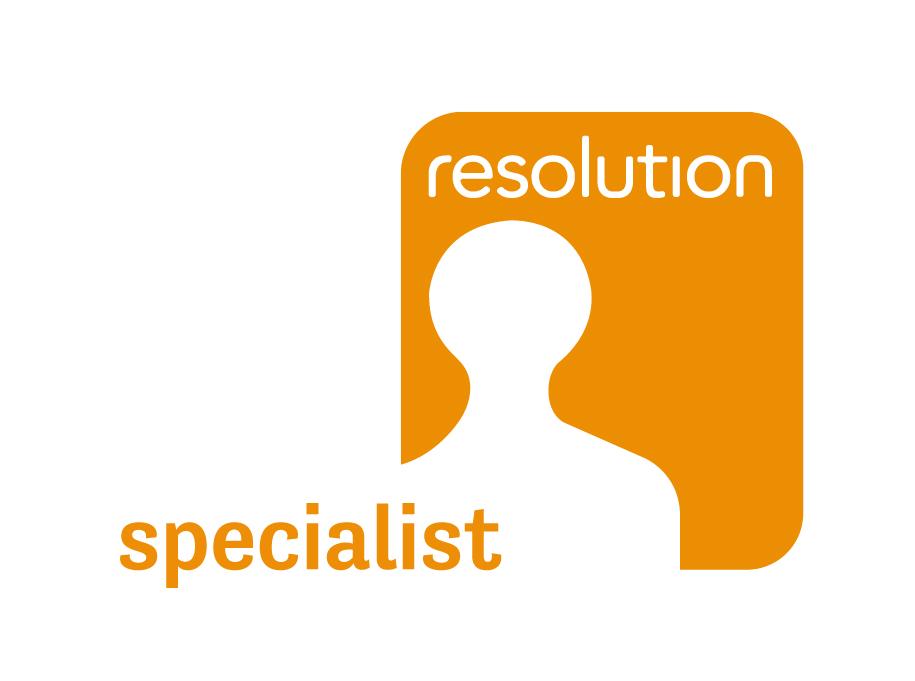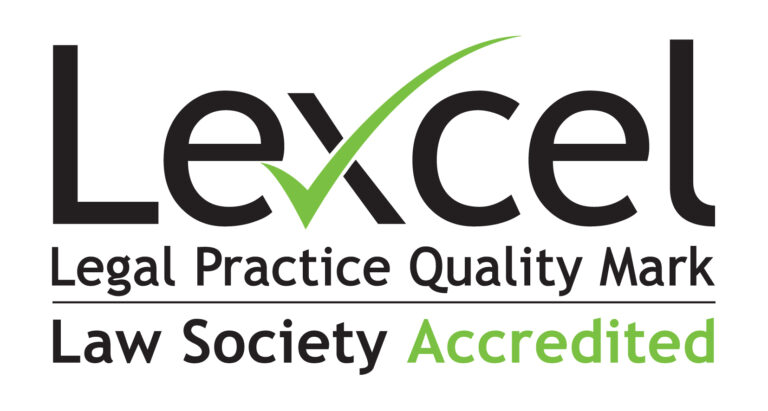For complicated legal proceedings, the provision of Legal Aid stands as a crucial lifeline, ensuring that individuals can access the justice they deserve. With the enactment of the Legal Aid, Sentencing and Punishment of Offenders Act 2012 (LASPO 2012) in 2013, the landscape of legal aid entitlement within family law matters has undergone a transformation.
What type of Family Legal Aid is available?
Two distinct avenues of family legal aid exist. Legal Help provides initial legal guidance and case assistance whilst Legal Representation empowers a solicitor to represent you in court proceedings. Unlocking eligibility for legal aid hinges on three pivotal factors:
The eligibility for legal aid in cases concerning children is shaped by the nature of the case itself and the ability to substantiate instances of abuse suffered by you or your children. Navigating Case Categories Public Law cases automatically qualify for legal aid. This encompasses scenarios where a Local Authority initiates an investigation or commences court proceedings due to concerns about a child’s safety. Instances include:
In public law cases, parents (or caregivers with parental responsibility) often meet the criteria for legal aid, irrespective of their financial status.
Private Law cases involve disputes arising among parents or family members concerning a child, often following a separation. These disputes often include arrangements for child visitation or whom the child is to live with. In private law cases, legal aid is accessible to those who can substantiate instances of domestic abuse or harm suffered by the child. Stringent evidentiary requirements, outlined in LASPO 2012 and known as “gateway” evidence, must be fulfilled to qualify for legal aid. The administering body, the Legal Aid Agency, has no room to accept alternative evidence or waive this requirement.
Acceptable “gateway” evidence in domestic abuse cases includes the following:
Acceptable “gateway” evidence in child protection matters includes the following:
In private law cases, legal aid is subject to both means and merits testing. Financial eligibility encompasses an assessment of income and assets. Furthermore, the probability of success in your case is pivotal in justifying the allocation of public funds to support your legal proceedings.
Facilitating Legal Aid for Family Mediation
Legal Aid extends to mediation in children-related cases, contingent on satisfying means testing. Beyond cases involving children, legal aid covers applications for protective orders in instances of domestic abuse, as well as cases involving forced marriage or female genital mutilation.
At Haris Law Solicitors, we stand ready to guide you through the intricacies of legal aid and offer unwavering support as you navigate the path to justice. For a complimentary consultation and assessment of legal aid eligibility, please contact us at 01254 461 461.
What type of Family Legal Aid is available?
Two distinct avenues of family legal aid exist. Legal Help provides initial legal guidance and case assistance whilst Legal Representation empowers a solicitor to represent you in court proceedings. Unlocking eligibility for legal aid hinges on three pivotal factors:
- Scope: Your case must meet the criteria for legal aid.
- Means: A financial assessment is conducted to determine if you lack the resources to cover legal expenses. Notably, some child protection cases may not necessitate this assessment.
- Merits: Your case must demonstrate substantial significance, a reasonable chance of success, and align with the principle that an average person would fund it personally.
The eligibility for legal aid in cases concerning children is shaped by the nature of the case itself and the ability to substantiate instances of abuse suffered by you or your children. Navigating Case Categories Public Law cases automatically qualify for legal aid. This encompasses scenarios where a Local Authority initiates an investigation or commences court proceedings due to concerns about a child’s safety. Instances include:
- Filing for a care order
- Pursuing a supervision order
- Seeking a secure accommodation order
- Applying for a placement order
- Seeking to discharge a care order
- Attending meetings with social workers regarding your child
In public law cases, parents (or caregivers with parental responsibility) often meet the criteria for legal aid, irrespective of their financial status.
Private Law cases involve disputes arising among parents or family members concerning a child, often following a separation. These disputes often include arrangements for child visitation or whom the child is to live with. In private law cases, legal aid is accessible to those who can substantiate instances of domestic abuse or harm suffered by the child. Stringent evidentiary requirements, outlined in LASPO 2012 and known as “gateway” evidence, must be fulfilled to qualify for legal aid. The administering body, the Legal Aid Agency, has no room to accept alternative evidence or waive this requirement.
Acceptable “gateway” evidence in domestic abuse cases includes the following:
- Arrest or police caution related to domestic violence
- Conviction for a domestic violence offense
- Documentation from a relevant health professional or referral to a domestic violence support service
- Correspondence from an organization providing domestic abuse support
- Leave to remain in the UK as a domestic violence victim
- Protective injunction or undertaking
- Findings made in a family court
Acceptable “gateway” evidence in child protection matters includes the following:
- Arrest or police caution for a child abuse offense
- Confirmation from social services regarding child abuse risk or victim status
- Confirmation from social services regarding a child protection plan
- Copy of a child protection plan
- Protection injunction
In private law cases, legal aid is subject to both means and merits testing. Financial eligibility encompasses an assessment of income and assets. Furthermore, the probability of success in your case is pivotal in justifying the allocation of public funds to support your legal proceedings.
Facilitating Legal Aid for Family Mediation
Legal Aid extends to mediation in children-related cases, contingent on satisfying means testing. Beyond cases involving children, legal aid covers applications for protective orders in instances of domestic abuse, as well as cases involving forced marriage or female genital mutilation.
At Haris Law Solicitors, we stand ready to guide you through the intricacies of legal aid and offer unwavering support as you navigate the path to justice. For a complimentary consultation and assessment of legal aid eligibility, please contact us at 01254 461 461.





